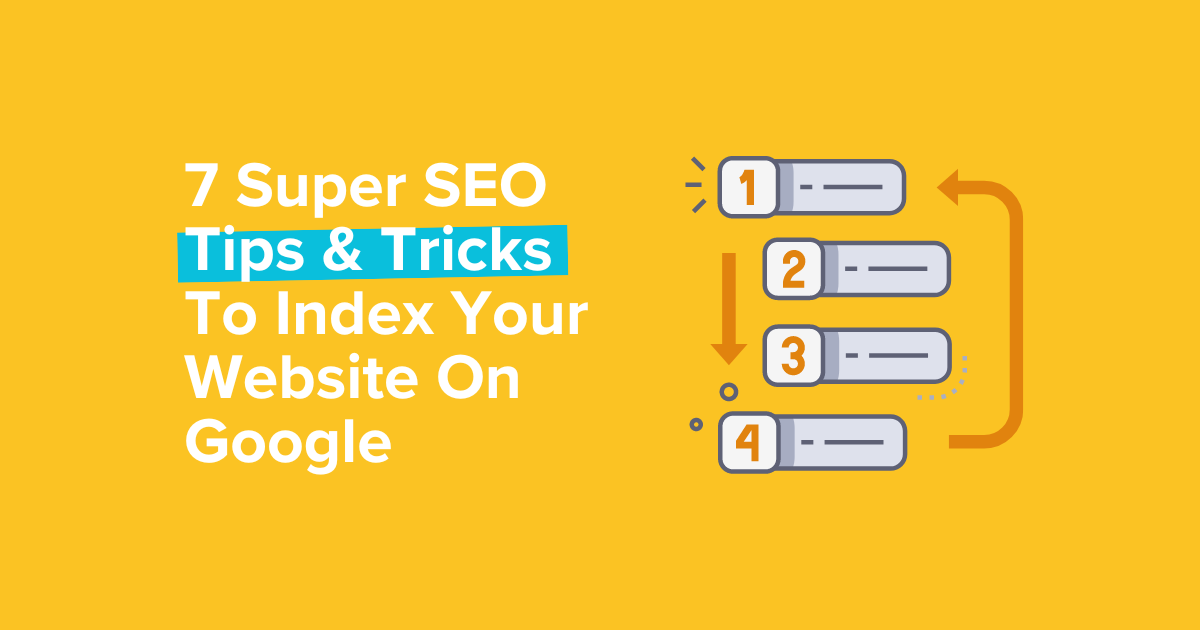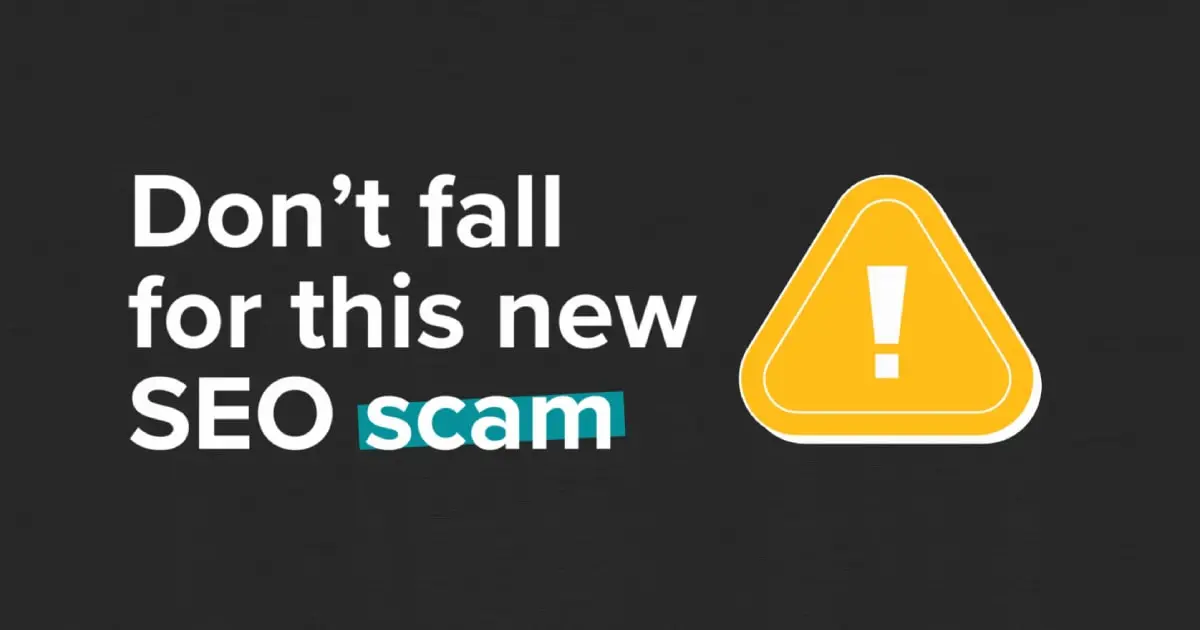


Mel Gibbons
14 September, 2022

When you start a website, you must tell Google you want your site to be indexed. Not request, tell. If you don’t do this, or you do it the wrong way, you can run as many SEO and PPC campaigns as you like, but traffic will not find the path to your website.
Follow these steps to give Google the heads-up to index your website:
Formerly known as Google Webmaster Tools, Google Search Console is a valuable asset. It shows you how Google is indexing your site and how it is added to search results.
Follow these steps to set up Google Search Console:
If you fall into trouble, reach out to us. Our expert SEO executives specialise in successfully getting websites indexed on local, national and international searches. If you’re from Down Under, local SEO in Australia will be of immense help in getting local traffic to you first, and fast.
Pages usually experience errors leading to non-indexing by Google. For instance, a Robots.txt.file error or block reflects that Google is not indexing your whole site.
You can check this by visiting:
Google is not allowed to index your site if these tags are active. Luckily, as a leading SEO company in Adelaide, Melbourne, and other cities, we have the expertise to solve this error.
Also Read: In-Depth Content Analysis Tips to Rank Higher in Search Results
A sitemap shows Google the connection between the different pages and content on your website. The most common sitemap is XML sitemap which can be easily created using plugins like Yoast SEO. Sitemaps also notify Google when it’s time to crawl your website page and when content is updated, and tell the robot to crawl a page further. Additionally, sitemaps keep tabs on your website’s video content, age ratings, and alternate language versions.
A commonly known SEO tactic is interlinking web pages. A page with no internal link is considered an orphan page. As mentioned above, Google crawls a website to index it, and interlinking enables an instant connection and thus comes into being faster indexing. A robot will find it difficult to discover orphaned pages without indexing.
To check for orphaned pages, use third-party SEO tools or hire Online Path to take care of it for you. Alternatively, manually open each page on your website and check if they have other pages linking to them.
Identify the orphaned pages and create interlinking for and from these pages. The process is lengthy and technical and will require an expert’s intervention.
Google does not crawl no-follow links. No-follow links come with a rel-“nofollow” tag that tells Google not to crawl that link. While it may be useful in other areas, no follow links do not add any value when used as internal links.
When used as internal links, Google can’t follow the links to other pages on your website and can’t crawl those pages either. You are also missing out on the traffic juice from one page to the next. Ultimately, it affects the user experience and traffic.
To solve this, check for all non-follow links on your website and change them to do-follow links. A local SEO agency can step in for the same.
This SEO trick is perhaps the most valuable of the lot for businesses, especially those who think blogs do not add value to a site. The fact is if blogs are well-written and meet Google Algorithm requirements, they will pull in organic traffic. Blogs are quicker to index than static pages.
Linking a blog post to one of your static pages informs Google to crawl the page. Statistics show that blogs bring in more traffic than static pages. In fact, businesses that blog regularly often get 55% more visitors than those who do not update their blogs regularly.
Blogging does need consistency and effort, but what good thing doesn’t?
While the 7 SEO tricks we’ve shared are essential to get Google to index your site, we’ll do one better and share a list of even more tricks you should know about.
Promote social sharing – Encouraging people to share your content on social media increases exposure towards your business or brand. Add links to a website or webpage and increase the chances of Google indexing the page.
Set up canonical tags properly – Canonical tags tell Google which page/s to prioritise when you have similar or duplicate content on your website. Since Google now knows which pages to index or ignore, it speeds up the indexing process.
Submit pages to Google for indexing – Submit your pages to Google for indexing directly through Google Search Console. Submit new content and URLs and check the indexing status on your coverage report.
Lookout for updates on Google Algorithms – As soon as an update hits, it affects the rankings and indexing of pages. Google does not announce these changes, and nobody knows about them until they hit the pages. Knowing the updates and changing your linking behaviour or running content hygiene checks is important to keep the index tags.
We hope these SEO tips and tricks get your website going and indexed.
Join hundreds of businesses boosting their knowledge with our monthly insights.
Contact us for an online marketing solution to build your brand and grow revenue.
Contact Us 1300 055 000
1300 055 000

